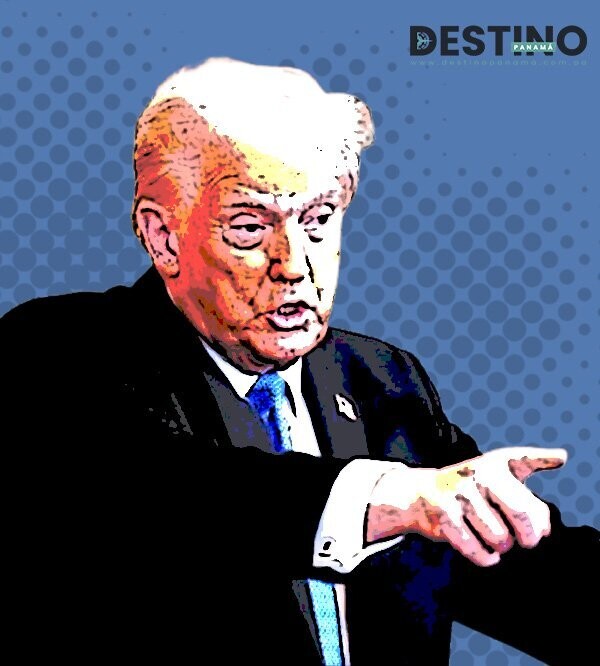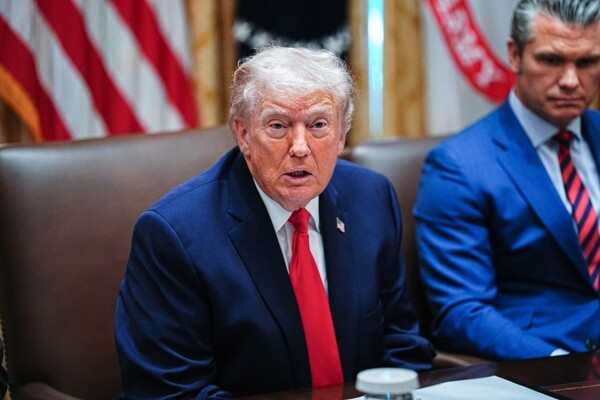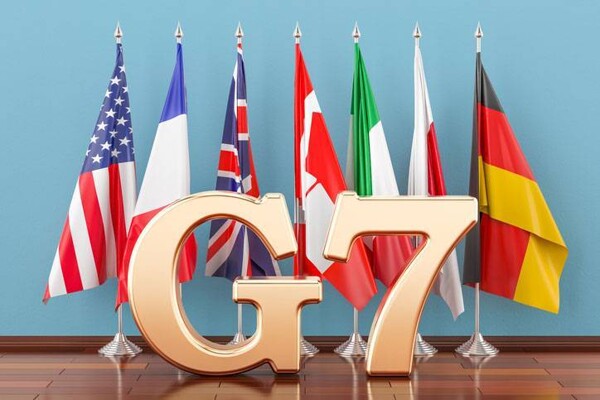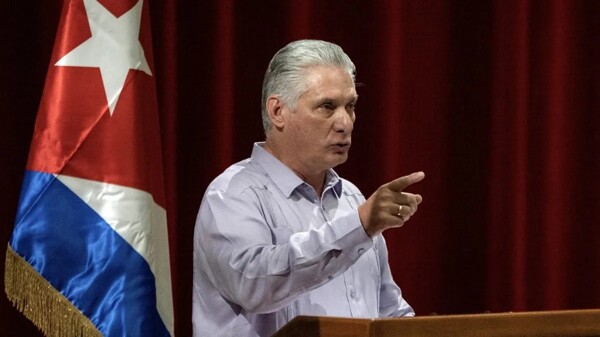
The tariffs announced by U.S. President Donald Trump came into effect at midnight, with a 25% levy on imports from Mexico and Canada, and a 20% on Chinese goods exported to the U.S., potentially triggering a significant trade conflict. China and Canada immediately responded to this increase in U.S. tariffs.
Imports from Mexico and Canada will be subject to a 25% tariff, except for Canadian hydrocarbon products, which will have a 10% levy. For their part, Chinese imports, which already had an additional 10% tariff on February 4, will now see an additional 10% increase, raising the cost of U.S. purchases in China and heightening concerns about inflation.
Canadian Prime Minister Justin Trudeau announced that he will impose tariffs on U.S. products worth $100 billion. Meanwhile, China will apply a 15% tariff on U.S. imports of chicken, wheat, and corn, and a 10% tariff on products such as soybeans, pork, fruits, and dairy, among others.
Trump confirmed the imposition of tariffs after delaying their implementation to give Mexico and Canada time to take action against drug trafficking and immigration. Canada responded by stating it will implement tariffs on U.S. products in retaliation.
Trudeau stated that Trump's decision is "unjustified" and Canada will impose a 25% tariff on $30 billion of U.S. imports. Should the tariffs remain in place, Canada will impose additional levies of $125 billion. The Canadian leader has also strengthened measures to prevent drug trafficking, including the appointment of a 'fentanyl czar.'














